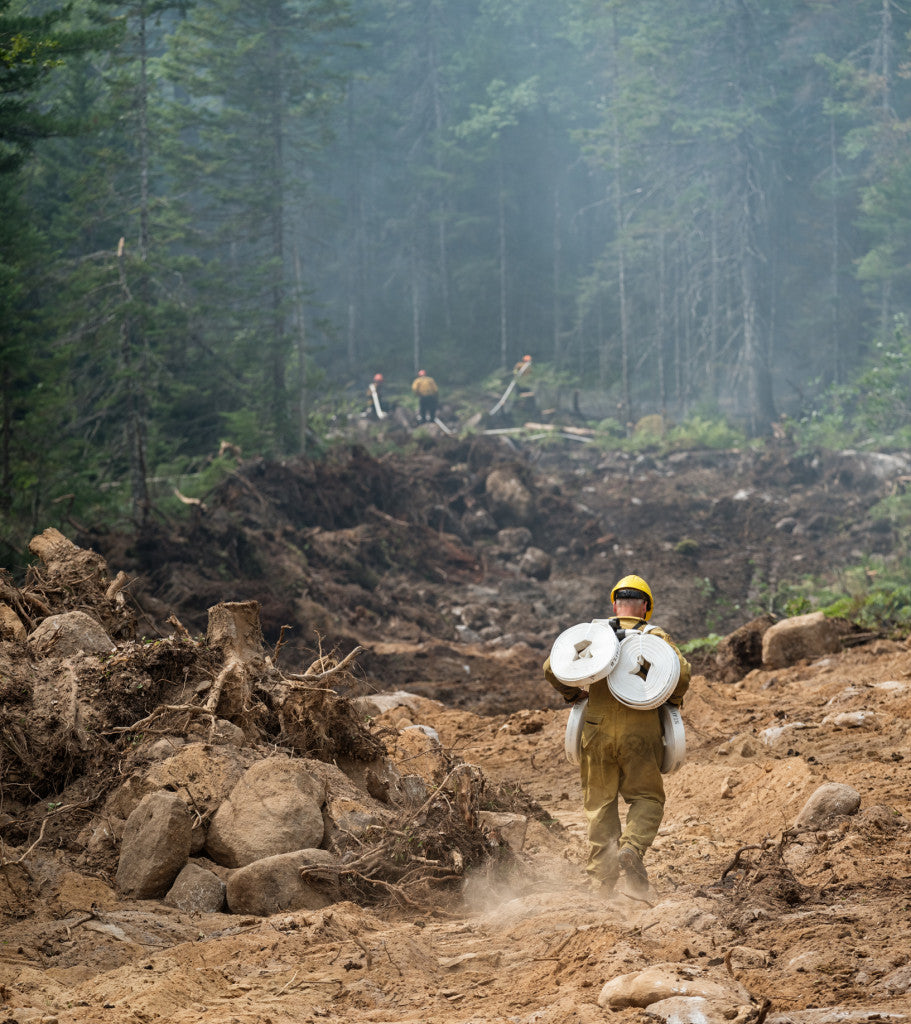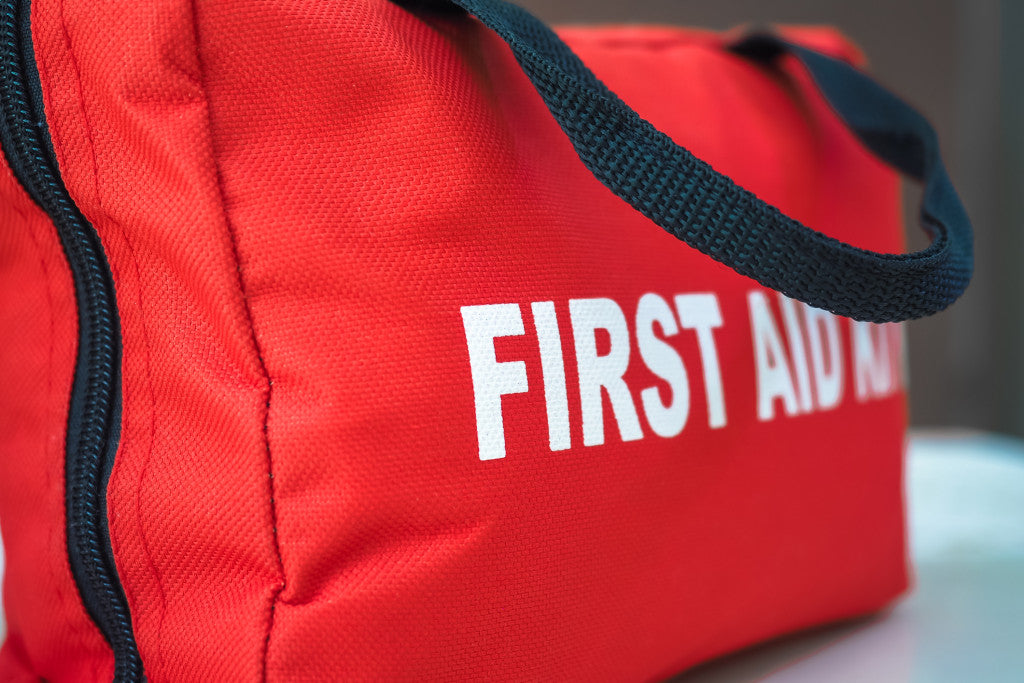
During a wildfire, there can be a lot of chaos, fear, and uncertainty. According to the
Center for Disease Control, the risk for injuries during a wildfire is high. Even small wounds can become a big health concern during a natural disaster. Hazardous smoke, chemicals, and the risk for spreading infectious disease are all concerns you need to plan for in the event of a wildfire.
To ensure the safety of your household, it is important to take the following wound care tips into consideration as part of your wildfire preparedness plan.
Tips for Preventing Wildfire-Related Injuries

Plan in Advance
When everyone in the household is involved in
wildfire planning preparation, they retain a sense of what to expect during an actual wildfire emergency. This prevents human errors from causing injuries when multiple people are in a rush to protect themselves from harm. An emergency plan is necessary for both evacuations and situations where you choose to shelter at home. This gives everyone the same insight into what to do, where to go, and what to expect as wildfires draw near.
Use Personal Protective Gear
Open wounds can occur during the preparation phase, while wildfires are still some distance away. Putting up shutters, removing flammable objects from your yard, and moving furniture away from windows are preparation activities that can put you at risk for cuts and abrasions. Wear long-sleeves and gloves during your preparation work. Heavy-duty or steel-toed boots are also useful for protecting your feet during strenuous preparation work.
Ask for Help
When wildfires are close, time is of the essence. In your hurry to do all the work quickly, you are at increased risk for injuring yourself. Delegate tasks to each able-bodied member of the household during your emergency planning phase. This ensures everyone knows what needs to be done and everyone can work safely together as a team when time is limited.
Beware of Animals
Pets and wildlife can be dramatically affected by an approaching wildfire. You may be at increased risk from suffering an animal bite from a pet or wild animal that is scared and trying to escape the fires. Be very cautious when handling your pets, especially before an evacuation. If you encounter any wild animals on your property that are fleeing the fire, stay out of their way and let them leave the area without interference.
Proper Care Tips for Wildfire Wounds

Be Prepared
You should have a
first aid kit in your wildfire emergency supplies that includes:
- Clean gauze
- Waterproof bandages
- Bottled water
- Saline solution
- Wound disinfectant (Bactine, iodine)
- Antibacterial cream
- Anti-itch creams
- Burn creams
- Pain relieving medications
Keep It Clean
If you sustain an injury during wildfire preparation or evacuation, it is important to wash the wound with clean water and soap or a disinfectant as soon as possible. Make sure there is no debris in the wound, such as splinters or dirt.
To prevent infection or risk contracting other contagious diseases, keep open wounds clean and covered in a waterproof bandage until the skin heals. This is especially important if you’ll be evacuating to a public shelter.
If the wound is bleeding, apply pressure to the area with clean gauze until bleeding stops. If the injury continues to bleed, seek medical assistance.
Treating Burns
If you’ve encountered the wildfire and suffer a burn as a result, wash the area carefully and pat dry before applying a burn cream. If the injury is more serious than a surface burn, or you have received multiple burns on different parts of your body, seek medical attention immediately.
Pay Attention
As minor cuts and burns can develop into something more serious, keep a constant eye on your injury. If you notice any of the following changes, go to the emergency room as soon as possible:
- Swelling or redness
- Fever
- Increased pain
- Rapid heart beat
- Shortness of breath
- Oozing or bleeding
These symptoms can be a signal that something more serious is going on with your health. Changes can occur hours or days after the initial injury. Continue to check the injury site often for notable changes, especially for injuries in young children, the elderly, and those in already-compromised health.
If no changes occur, keep the area clean and covered until you can speak with your doctor. Avoid handling contaminants or chemicals that may cause additional injury.
 During a wildfire, there can be a lot of chaos, fear, and uncertainty. According to the Center for Disease Control, the risk for injuries during a wildfire is high. Even small wounds can become a big health concern during a natural disaster. Hazardous smoke, chemicals, and the risk for spreading infectious disease are all concerns you need to plan for in the event of a wildfire.
To ensure the safety of your household, it is important to take the following wound care tips into consideration as part of your wildfire preparedness plan.
During a wildfire, there can be a lot of chaos, fear, and uncertainty. According to the Center for Disease Control, the risk for injuries during a wildfire is high. Even small wounds can become a big health concern during a natural disaster. Hazardous smoke, chemicals, and the risk for spreading infectious disease are all concerns you need to plan for in the event of a wildfire.
To ensure the safety of your household, it is important to take the following wound care tips into consideration as part of your wildfire preparedness plan.



